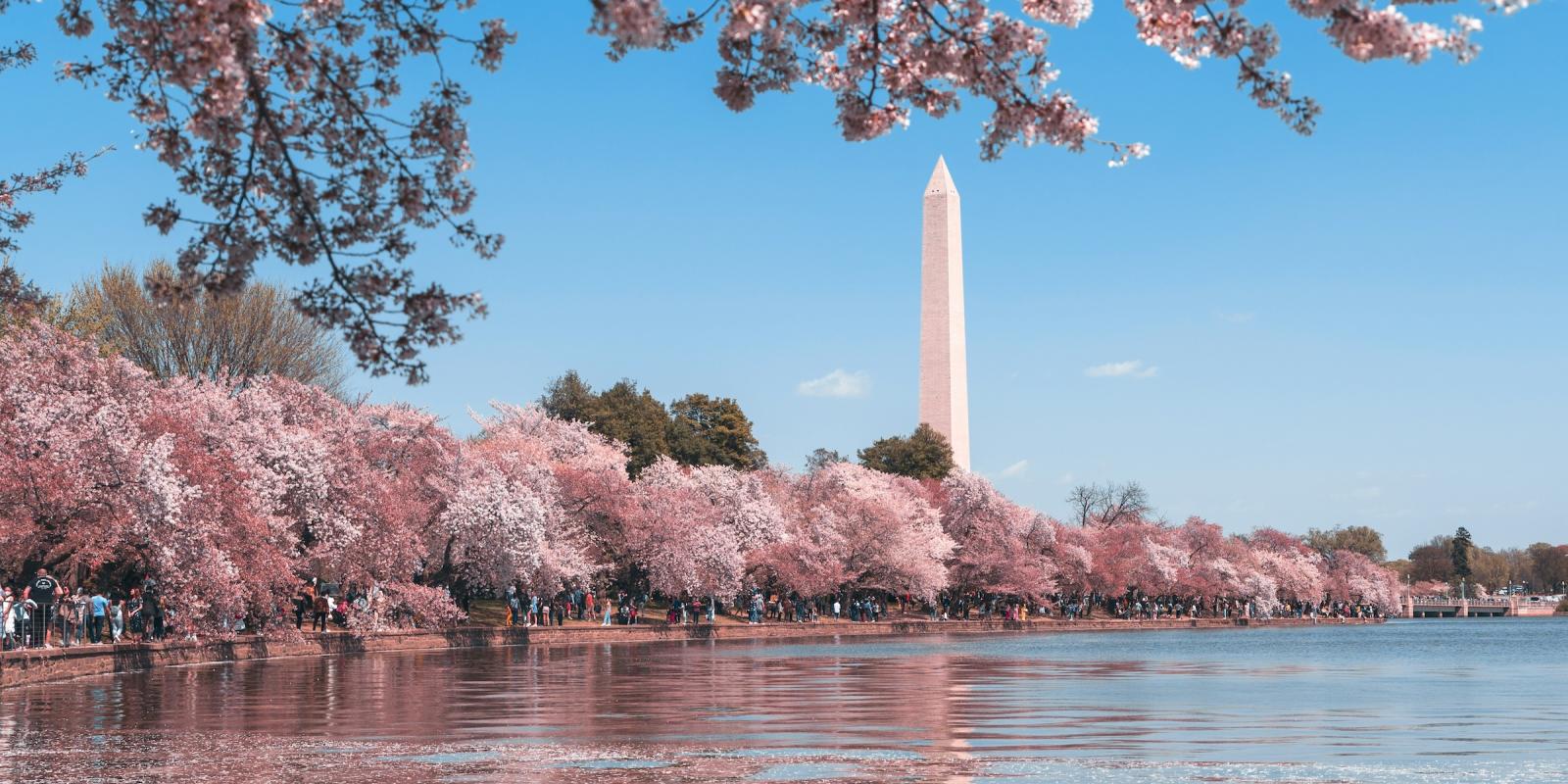On August 1, 1971, as attendees walked through the brightly-colored and slightly cramped booths, the smell of freshly-made food, the sound of voices young, old, and everything in-between filled the park, and the sense that everyone here belonged followed them. The festival wasn’t as large as the ones that would follow, for sure, but what it offered to guests was overwhelming: a feeling of camaraderie and community. The vendors and many of the attendees had different accents, different cultures, and different histories, but in Kalorama Park, they all shared the joy of showcasing their countries’ traditions.
This was the Latino Festival of 1971, which would begin a long tradition of celebrating Latino culture in Washington, D.C.
